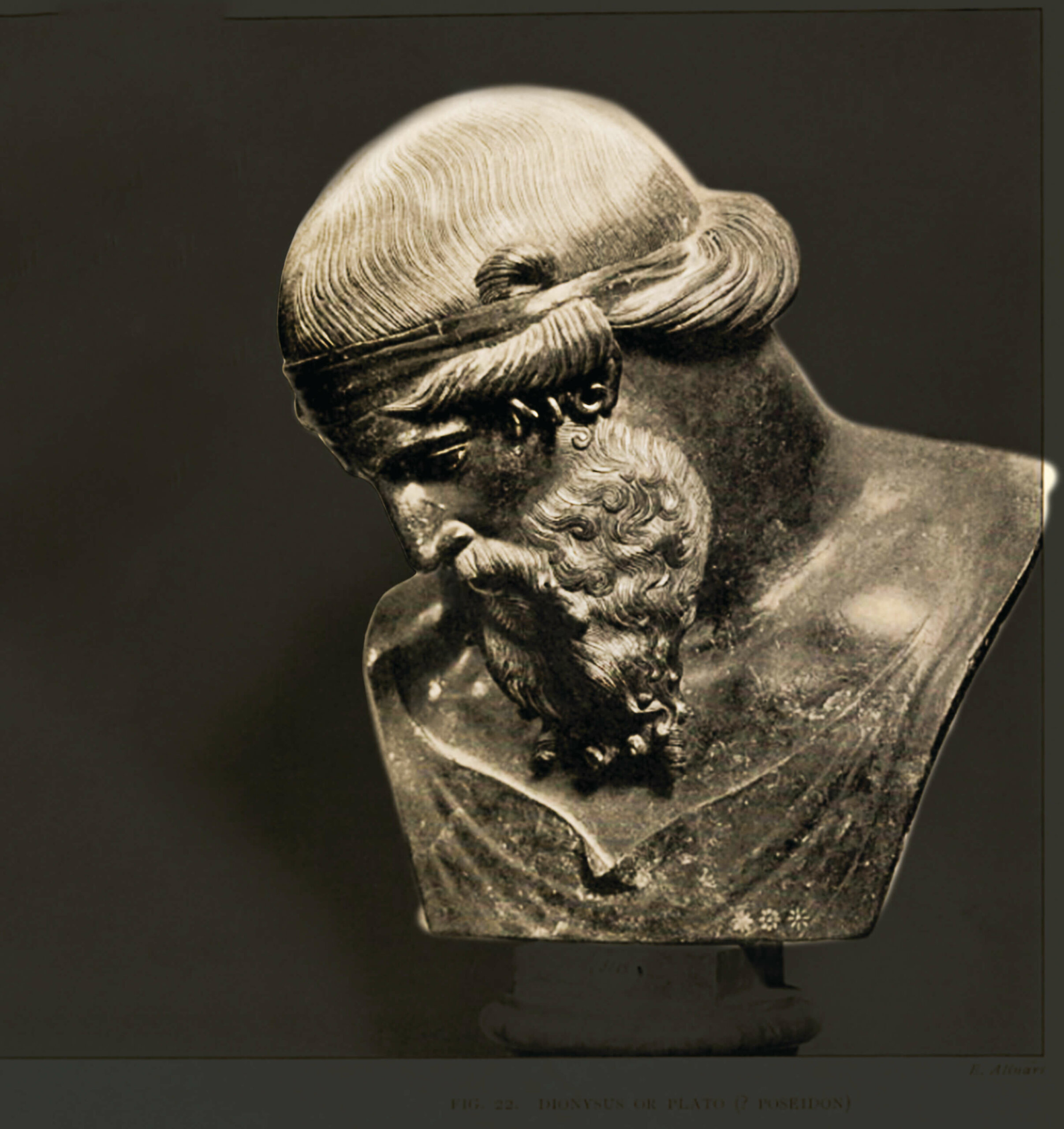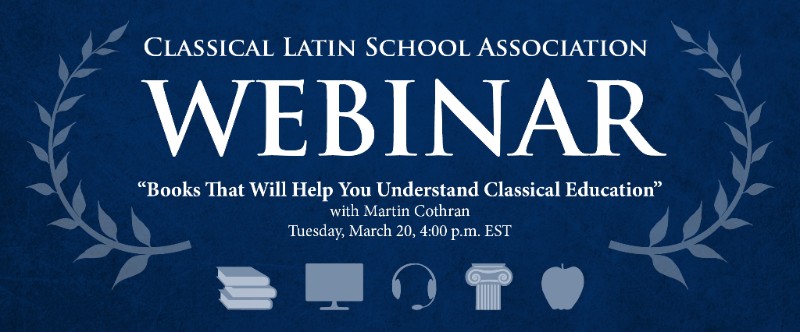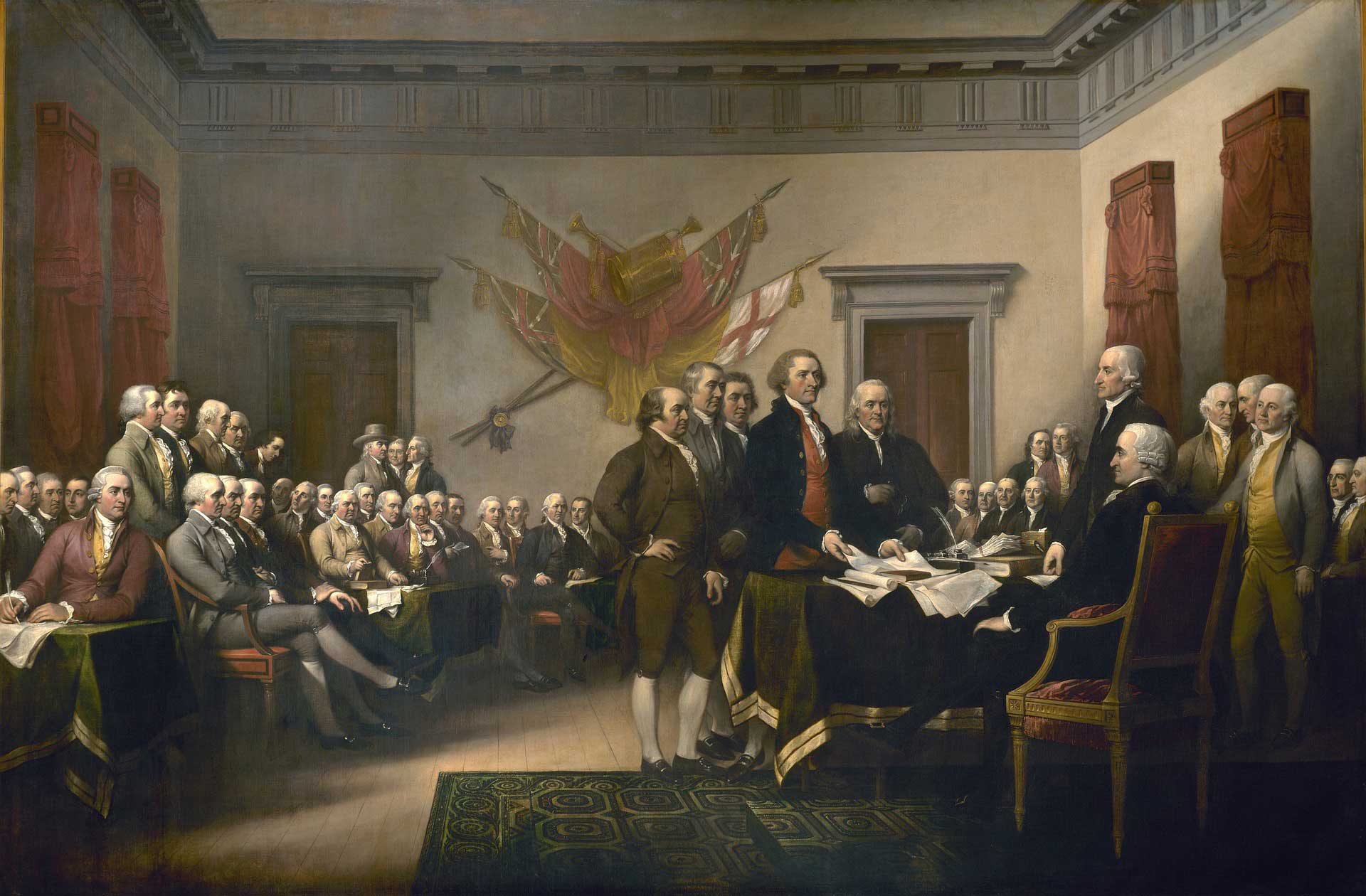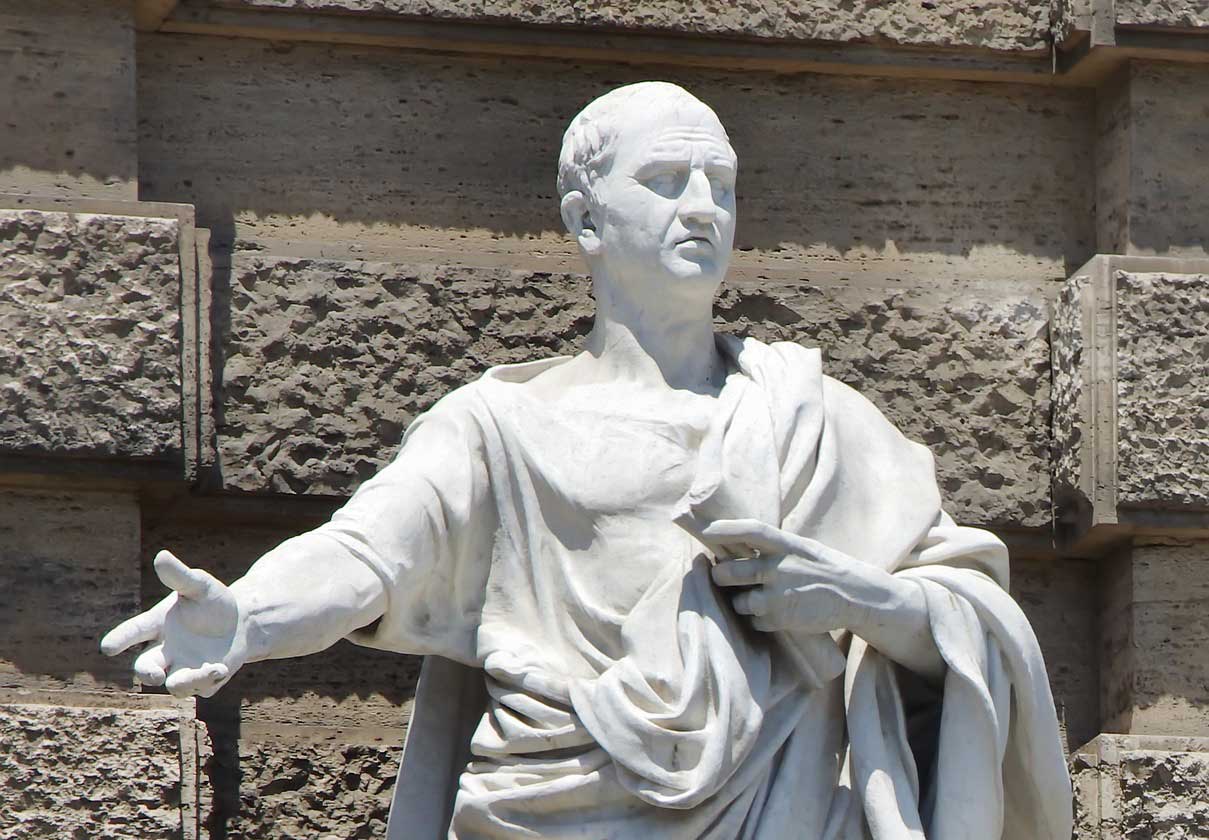Exordium
The Villa of the Papyri
The Letter from the Editor in the spring issue of the Classical Teacher magazine: In 79 A.D., the catastrophic eruption of Mt. Vesuvius in eastern Italy covered nearby towns in ash and completely buried many of them. Accounts of the ancient eruption paint a horrific scene: Volcanic pumice rained from the skies and waves of searing hot gas and debris swept over the nearby landscape. Thousands died where they stood, and others fell while in Read more…








